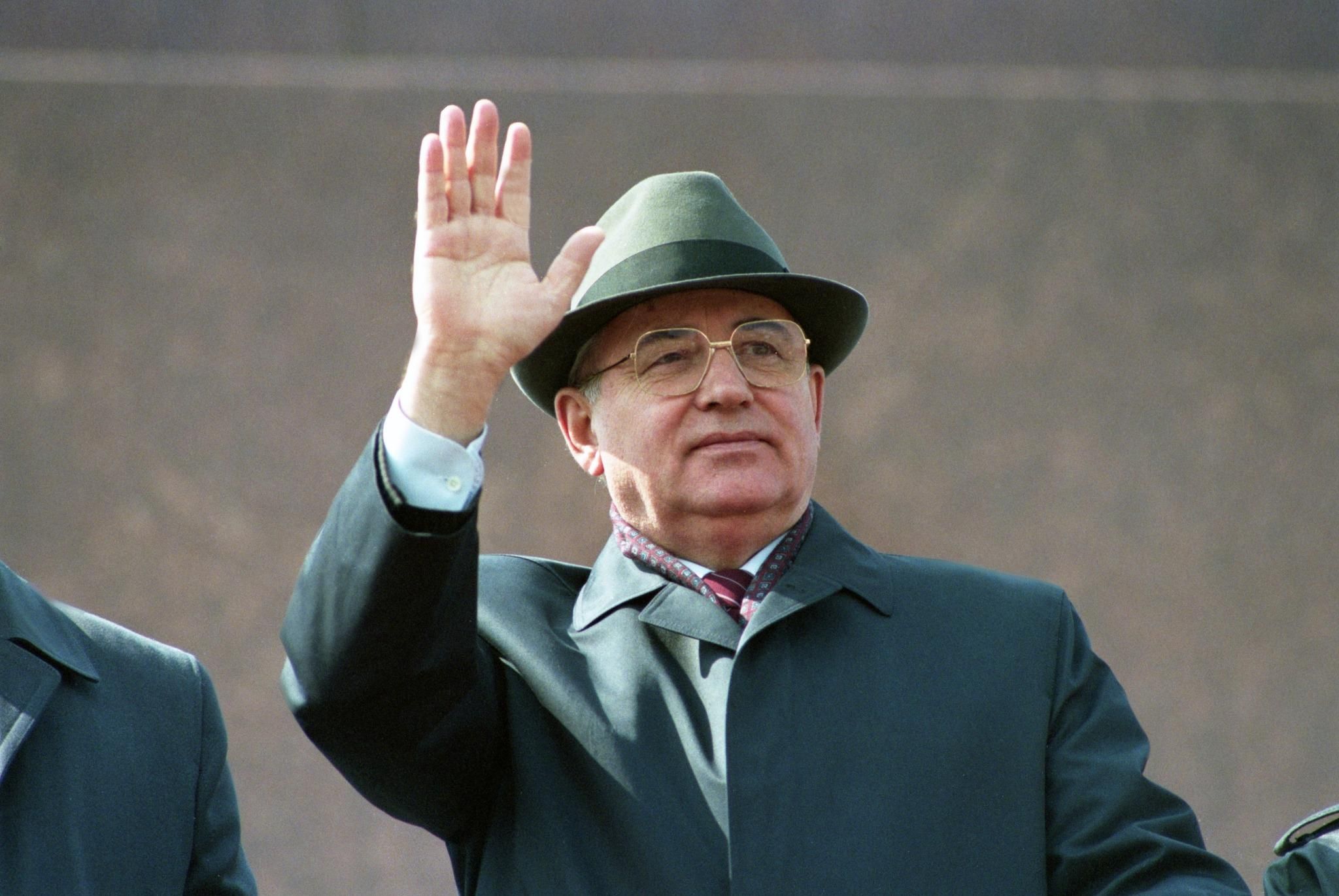August 31, 2022
Mikhail Gorbachev, the final general secretary of the Communist Party of the Soviet Union, died on Tuesday at the age of 91.
He was an extraordinary and truly world-changing leader. Ultimately, and tragically, he was a failed one as well.
Arguably, Gorbachev was the leader that made the greatest impact on my professional life. My first trip outside of the United States was to the Soviet Union back in 1986. Gorbachev had just risen to power the year before, and at the time it wasn't at all clear that he was going to be a great reformer.
In his early days, he was mostly focused on anti-alcohol and anti-corruption campaigns, on trying to improve Soviet society. But he also worked hard to concentrate more power in his hands in the Politburo, where there was a serious power struggle going on. (In fact, Gorbachev’s early days had a fair amount in common with Xi Jinping, but that's really where the comparison ends.)
The Chernobyl disaster hit just a couple months before I showed up in the Soviet Union and therefore at the beginning of Gorbachev's rule. This was an enormous tragedy inside the Soviet Union, but it was a catalytic one: it proved to Gorbachev that the Soviet political and economic system was increasingly sclerotic and bankrupt, and he set out to change it through three unprecedented structural reforms.
Want to understand the world a little better? Subscribe to GZERO Daily by Ian Bremmer for free and get new posts delivered to your inbox every week.
First, glasnost: political openness. In other words, free speech. Second, perestroika: economic opening. In other words, capitalism. And third, khozraschot: accountability. In other words, economic decentralization and political federalism. Gorbachev was also very much an anti-imperialist. He recognized that Soviets were massively overspending on the military and wanted to stop that, so he ended the disastrous war in Afghanistan.
In short order, all of these reforms reverberated across the Soviet empire and unleashed the yearning of millions trapped behind the Iron Curtain to be free. The first political uprisings happened in Eastern Bloc countries, and Gorbachev chose not to use military force to stop them from abandoning communism and leaving the bloc. That of course led to the fall of the Berlin Wall and the independence of all these Central and Eastern European countries that are now in NATO and the European Union. This precipitated demands for independence across the 15 republics that made up the Soviet Union, starting in the Baltics, then Ukraine, then Central Asia, and finally Russia proper, followed by a failed military coup in August of 1991. Gorbachev accepted the peaceful end of the Soviet empire on Christmas Day, four months later.
Perhaps the truest tragedy for a statesman is to outlive their legacy, and nothing could be truer for Mikhail Gorbachev.
Vladimir Putin, the president—and now dictator—of Russia, has said that he views the Soviet collapse as “the greatest geopolitical tragedy of the 20th century.” He has devoted his time in office to reviving the Russian empire, centralizing power in his hands, and repressing economic and political freedoms.
Russia today is precisely the opposite of everything Gorbachev had hoped it would be. We, and Russians especially, are all the worst for that.
Mikhail Gorbachev, rest in peace.
🔔 And if you haven't already, don't forget to subscribe to my free newsletter, GZERO Daily by Ian Bremmer, to get new posts delivered to your inbox.
More For You
- YouTube
For many in Iran, it’s a waiting game for how long Ayatollah Khamenei has left to live.
Most Popular
An army soldier stands guard at a post at the Friendship Gate, following exchanges of fire between Pakistan and Afghanistan forces, at the border crossing between the two countries in Chaman, Pakistan February 27, 2026. Picture taken with a mobile phone.
REUTERS/Abdul Khaliq Achakzai
In a 30-minute call on Thursday, President Donald Trump reportedly told Ukrainian President Volodymyr Zelensky he wants to end the war with Russia as soon as possible — aiming for a deal by summer, but ideally within weeks.
Former British ambassador to the U.S. Peter Mandelson leaves his residence after he was released following his arrest by London police on Monday on suspicion of misconduct in public office, following the release of U.S. Justice Department files linked to the late financier and convicted sex offender Jeffrey Epstein, in London, Britain, February 26, 2026.
REUTERS/Toby Melville
The ghost of Jeffrey Epstein continues to haunt the world.
Think you know what's going on around the world? Here's your chance to prove it.
© 2025 GZERO Media. All Rights Reserved | A Eurasia Group media company.
